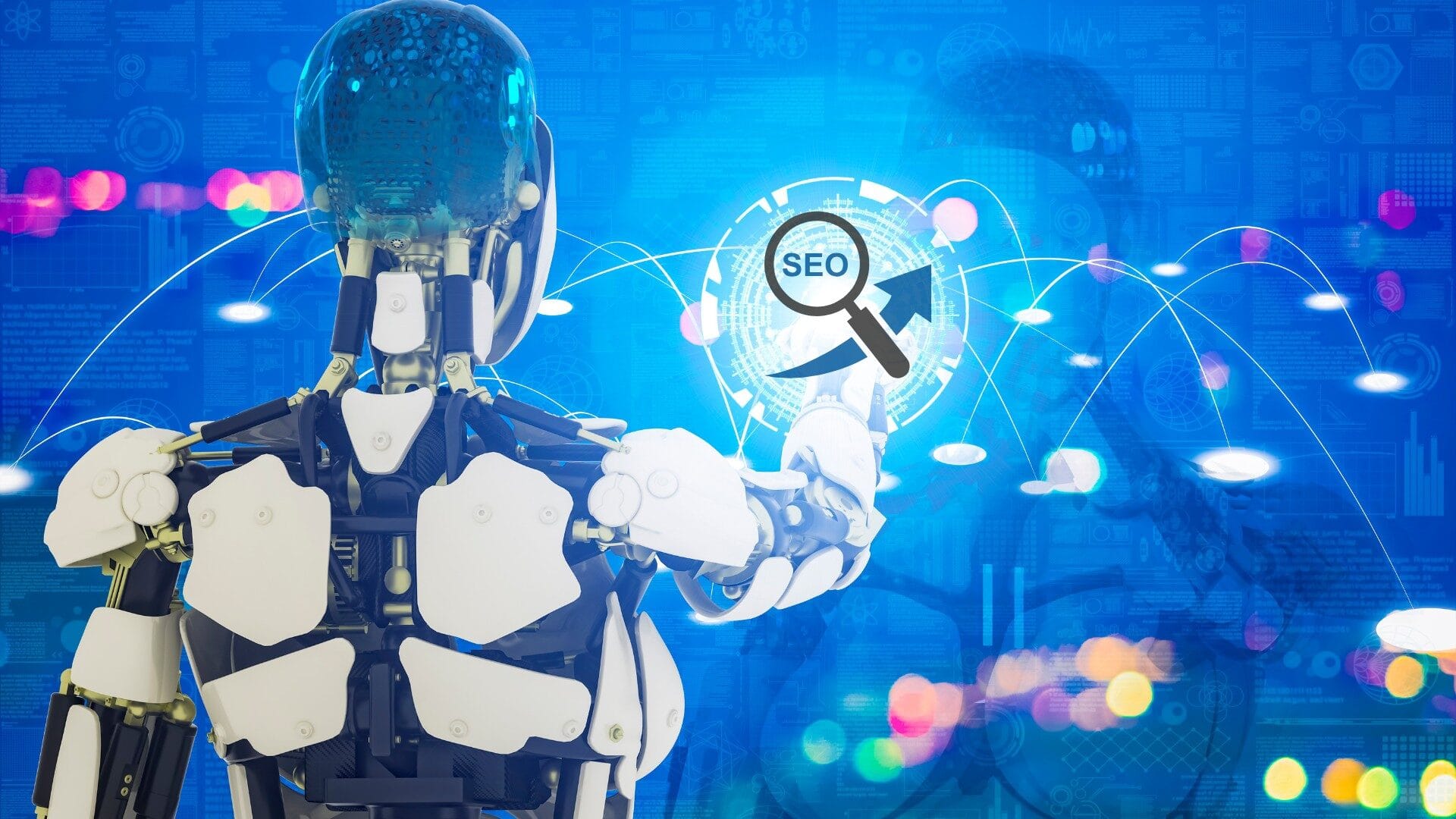Not long ago, SEO was primarily a Google-centric game—optimize for keywords, earn backlinks, climb the rankings. But today, thanks to artificial intelligence, the rules of search are being rewritten.
In just a few months, the number of unique domains indexed by AI-powered engines like Perplexity AI skyrocketed from 10,000 to nearly 25,000. Meanwhile, traditional search engines such as Google are still largely delivering the familiar experience: blue links, featured snippets, and an increasing number of ads.
The shift isn’t theoretical—it’s already happening. And it’s redefining how users discover and trust information online.
AI Search vs. Traditional Search: A Real-World Snapshot
Consider a simple experiment:
Ask both Google and an AI engine like Perplexity the same question:
Question:
“Is Elon Musk in Trump’s cabinet?”
Google’s response:
- 10 blue link
- 3 ads
- 2 irrelevant news stories
- No clear or immediate answer
Perplexity’s response:
- A direct, cited summary: “No, Elon Musk is not a member of Trump’s cabinet. However…”
Now ask yourself—which experience builds more trust?
Which format do you think the next generation of search users will prefer? This isn’t just about efficiency. It’s about a paradigm shift:
People are seeking direct, trustworthy answers— not just lists of links to hunt through.
SEO Isn’t Dead—It’s Evolving
There’s a lot of noise out there suggesting that SEO is dying.
It’s not dying—it’s evolving. Dramatically.
Where traditional SEO emphasized keyword targeting and backlink acquisition, post-AI SEO is about context, entity understanding, brand sentiment, and platform diversity.
Here’s how the fundamental practices of SEO are transforming:
| Traditional SEO | Post-AI SEO |
| Focused on keywords | Focused on context, intent, and entity relationships |
| Google-dominant strategy | Multi-platform (ChatGPT, TikTok, Amazon, YouTube) |
| Manual content creation | AI-assisted content generation and editing |
| Link building | Broader digital footprint: mentions, citations, sentiment |
| Static search algorithms | Real-time AI indexing and answer generation |
| Optimizing for desktop and mobile UX | Personalizing across devices, formats, and AI ecosystems |
| Measuring rankings and traffic | Measuring AI answer inclusion, brand voice share, and engagement |
In this new reality, SEO professionals must understand how AI engines retrieve, summarize, and prioritize information, not just how Google ranks a page.
It’s a skillset evolution, not a sunset.
Redefining the 4 Cs of SEO
While SEO’s fundamental goals haven’t changed—visibility, authority, engagement—the tactics to achieve them are different.
The 4 Cs of modern SEO now look like this:
1. Code
Fast, clean, accessible code isn’t optional—it’s critical.
AI bots, APIs, crawlers, and even voice assistants interact with your site differently than human users do. A site that’s slow, inaccessible, or cluttered won’t just hurt user experience—it’ll hurt discoverability across AI engines too.
2. Content
High-quality content still wins, but it’s no longer about keyword stuffing. Today’s winners produce semantically rich, contextually deep content that answers real questions and builds entity relationships AI engines understand.
3. Credibility
Forget link quantity. Credibility today is about trust signals:
- Positive sentiment
- Third-party reviews
- Brand mentions
- Citations across authoritative platforms
AI uses these signals to decide whether to trust your brand enough to cite or summarize you.
4. Customer Experience
User experience isn’t just about design anymore—it’s about AI-readiness:
- Proper structured data
- FAQs and concise answers
- Video and visual content
- Fast loading times
- Logical content hierarchies
Engagement matters, but so does scannability and interpretability by machine learning systems.
Where AI Falls Short (and Why Humans Still Matter)
AI is revolutionizing SEO—but it’s far from infallible.
There are critical areas where AI cannot yet replace human strategy:
- Brand positioning: AI can’t understand your unique mission, values, or brand voice.
- Strategic planning: AI doesn’t build ethical, creative, compliant marketing strategies.
- Emotional nuance: AI misinterprets human emotion, cultural trends, and sarcasm.
- Trust building: Real relationships with customers, media, and partners require authentic human interaction.
- Content accuracy: AI still hallucinates—producing inaccurate or made-up facts.
In short, AI enhances SEO—but it doesn’t replace thoughtful, strategic marketers.
It’s a powerful tool that amplifies human expertise—not a substitute for it.
How to Optimize for the AI-First Search Era
If you want to remain visible as search evolves, your SEO playbook must adjust.
Here are five critical areas of focus:
1. Conversational Content
Prioritize natural, human-sounding language.
Structure your content like the questions real users ask—and answer them directly.
2. Multi-Format Asset Creation
Don’t just publish blogs. Think videos, audio clips, interactive graphics, and infographics.
AI platforms increasingly pull information from a range of media—not just text.
3. Entity and Topic Clustering
Move beyond isolated keywords.
Use semantic SEO strategies to build strong interrelationships between your topics, entities, and ideas.
4. Expand Your Digital Footprint
Your brand’s presence across third-party platforms, PR mentions, podcasts, and reviews feeds into AI engines’ perception of your authority.
5. Structured Data
Use schema.org markup extensively to guide AI (and traditional) crawlers through your content hierarchy and context.
For a deeper breakdown of these strategies, including real-world examples and detailed action plans, check out Clarity Digital’s full eBook: “The State of SEO in a Post-AI World (2025)”.
What the Future Demands of SEO Professionals
Tomorrow’s SEO leaders won’t just be tacticians.
They’ll be:
- Cross-platform strategists
- Educators and trainers within organizations
- Brand guardians across AI, social, and traditional search
- Data-driven analysts focused on visibility across evolving ecosystems
Success will come from orchestrating a unified brand presence across Google, ChatGPT, TikTok, Amazon, YouTube, and emerging AI-driven platforms—not just tweaking meta titles.
The brands that win will be those that create influence beyond their websites, building a web of trust, visibility, and engagement across the entire digital ecosystem.
Final Thoughts: Embrace the Evolution
AI isn’t killing SEO.
It’s accelerating and diversifying it.
The brands and marketers who thrive will be those willing to rethink SEO as a multi-platform, AI-enhanced strategy, rather than a checklist for blue-link rankings.
Adapt, evolve, and lead—or risk becoming invisible.

